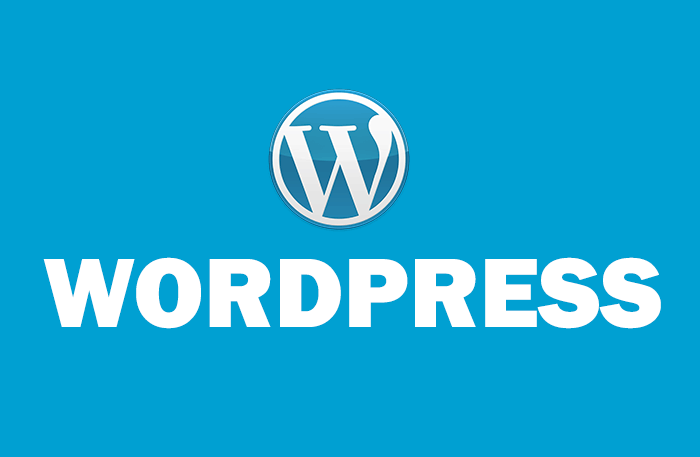WordPress, the world’s most popular content management system, powers millions of websites. If you’re a developer looking to create plugins, themes, or custom solutions, adhering to WordPress coding standards is crucial. In this article, we’ll dive into the importance of following these standards, the key guidelines you need to know, and practical tips to streamline your development process.
Why WordPress Coding Standards Matter
- Consistency: Consistent code is easier to read, understand, and maintain. WordPress coding standards ensure that all developers adhere to the same coding style, making collaboration smoother.
- Compatibility: Code written with WordPress standards is more likely to work seamlessly with other plugins and themes. This reduces conflicts and enhances the overall user experience.
- Security: Following these standards helps you write more secure code. Secure coding practices are paramount to protect your WordPress website from potential vulnerabilities.
Key WordPress Coding Standards Guidelines
- Indentation: WordPress recommends using tabs for indentation rather than spaces. This ensures uniformity in your codebase.
- Naming Conventions: Meaningful and consistent variable, function, and class names make your code more understandable. WordPress suggests using camelCase for function and variable names and PascalCase for class names.
- Brace Style: WordPress coding standards specify that the opening curly brace should be on the same line as the function or control structure declaration, enhancing code readability.
- Comments: In-code comments are essential for explaining complex logic. WordPress encourages developers to use docblocks to provide comprehensive documentation for functions, classes, and hooks.
Practical Tips for Adhering to WordPress Coding Standards
- Use Linters: Employ code linters, like ESLint or PHP_CodeSniffer, with WordPress coding standard rulesets to automatically identify and fix non-compliant code.
- Learn from Core Code: Study the WordPress core codebase to understand how the standards are applied in practice.
- Code Reviews: Collaborate with other developers and conduct regular code reviews to ensure compliance with coding standards.
- Plugin and Theme Development: If you’re creating plugins or themes, be sure to follow the standards to provide a better experience for your users.
Conclusion
Adhering to WordPress coding standard is essential for building high-quality, secure, and maintainable WordPress solutions. By following these guidelines and using helpful tools, you can elevate your development skills and create more reliable WordPress projects. Embrace these standards, and you’ll be well on your way to becoming a proficient WordPress developer.

